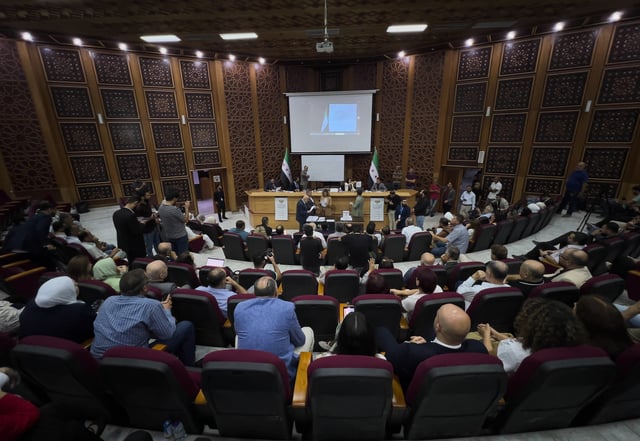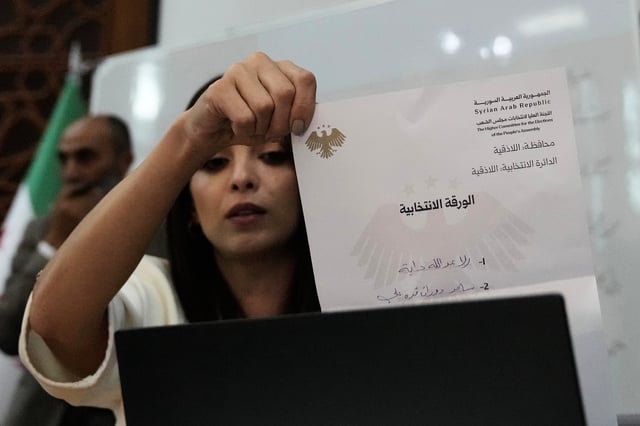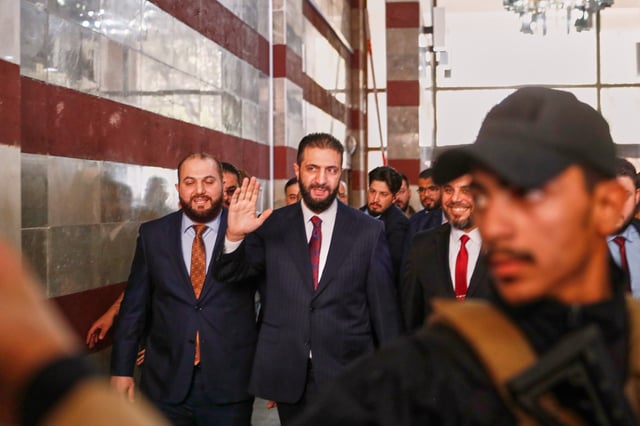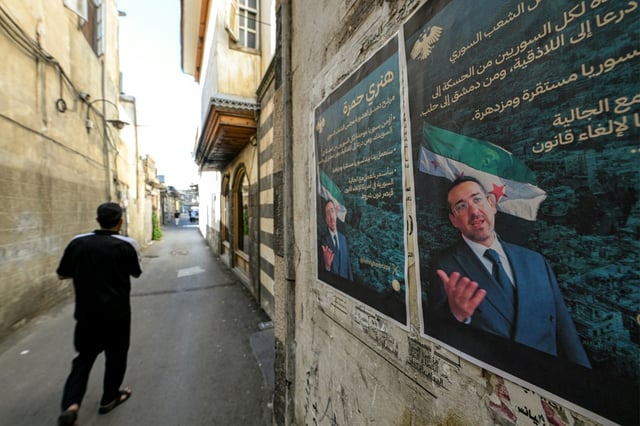Overview
- About 6,000 electors in regional colleges selected roughly two‑thirds of the 210‑seat People’s Assembly, with 70 seats to be appointed by the interim president.
- Polling was postponed in Druze‑majority Sweida and Kurdish‑held northeastern districts, leaving those constituencies without representation for now.
- Authorities cited displacement, missing documents and insecurity to justify the indirect system; parties were dissolved and only about 14% of candidates were women.
- Organisers reported public counting with observers and said preliminary tallies were released Sunday night, with final lists expected as soon as Monday or Tuesday.
- The assembly will serve for 30 months to pass an election law and draft a constitution, as rights groups warn the design lets al‑Sharaa shape a parliamentary majority.



